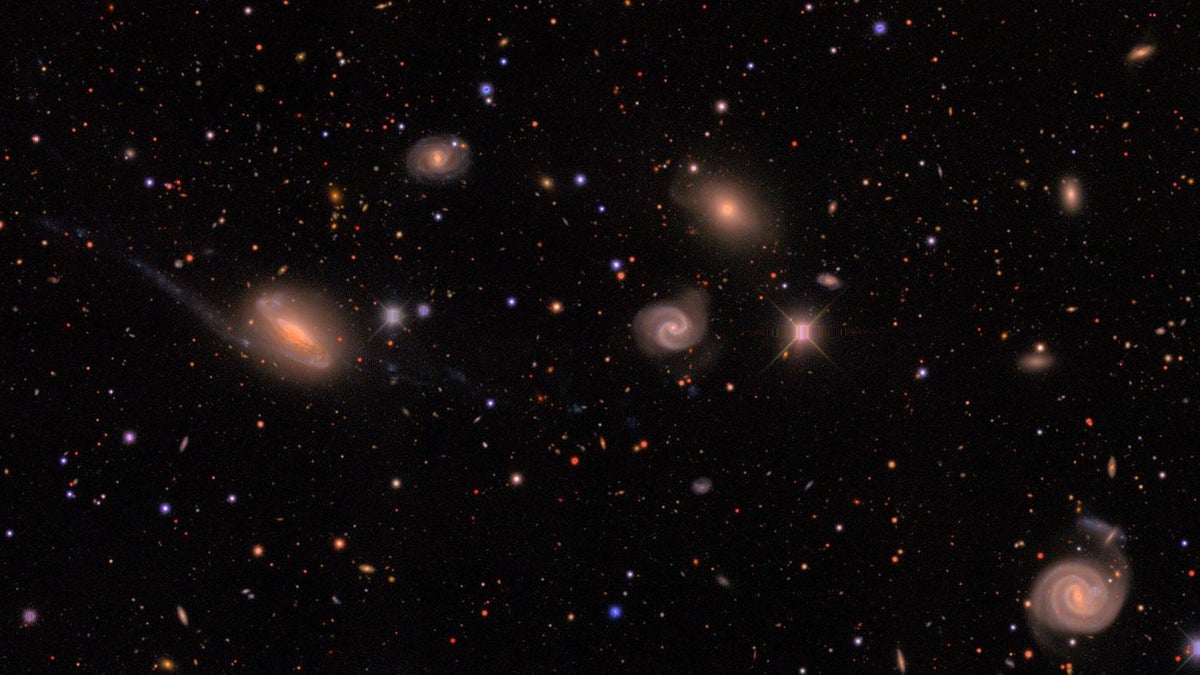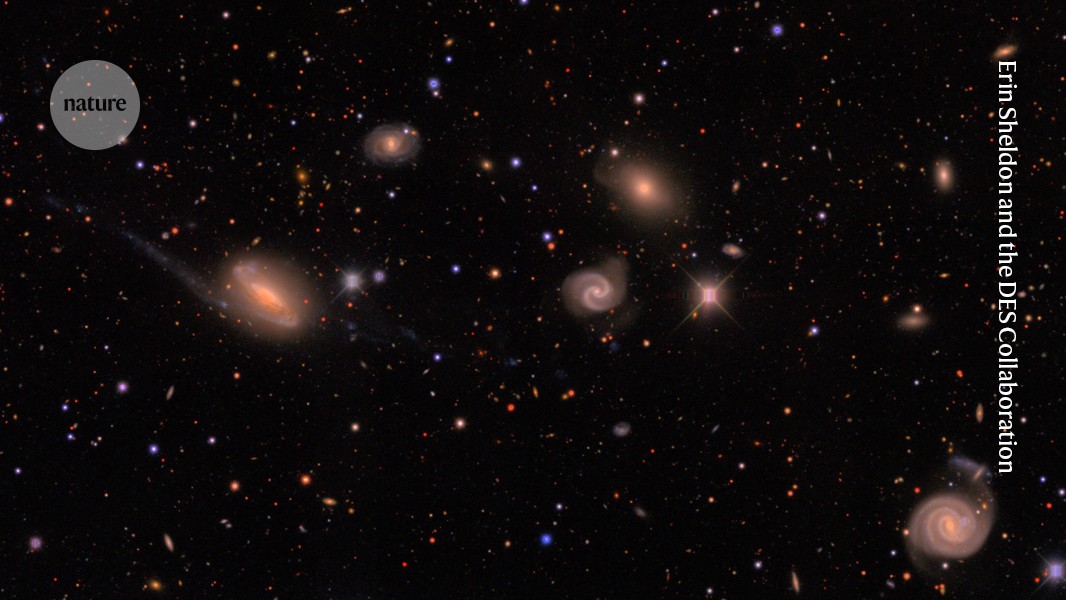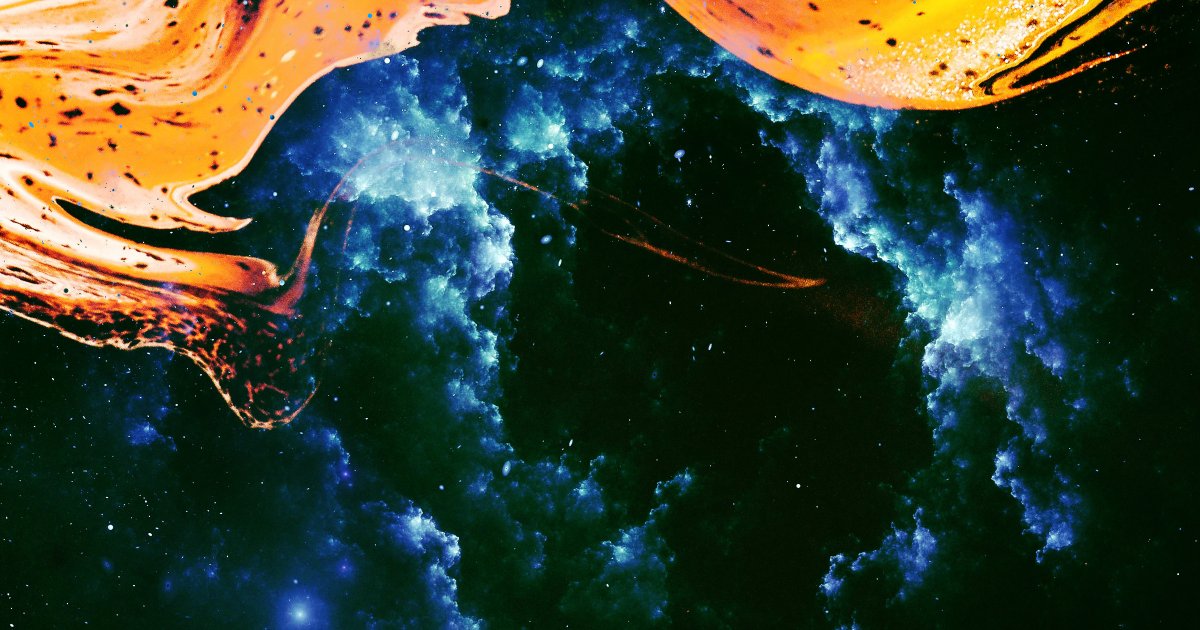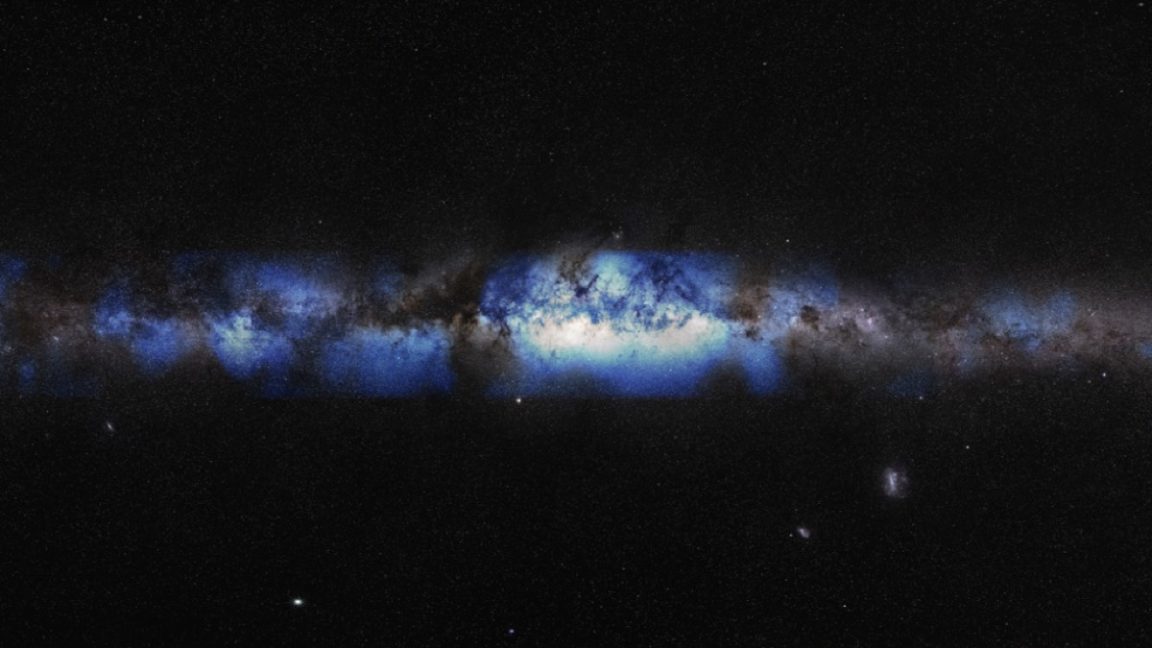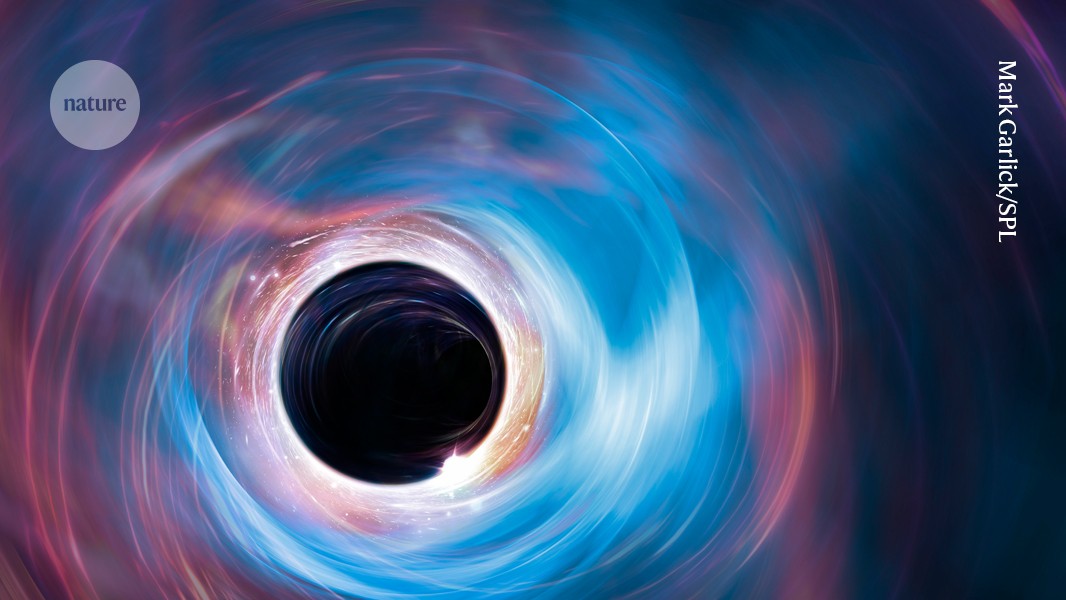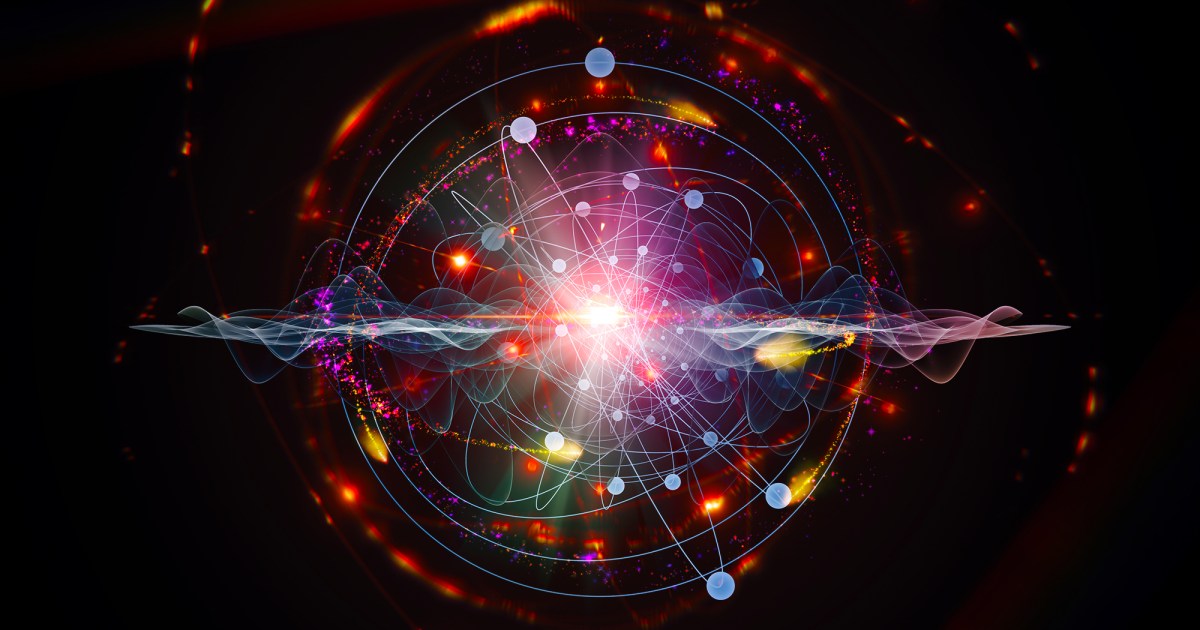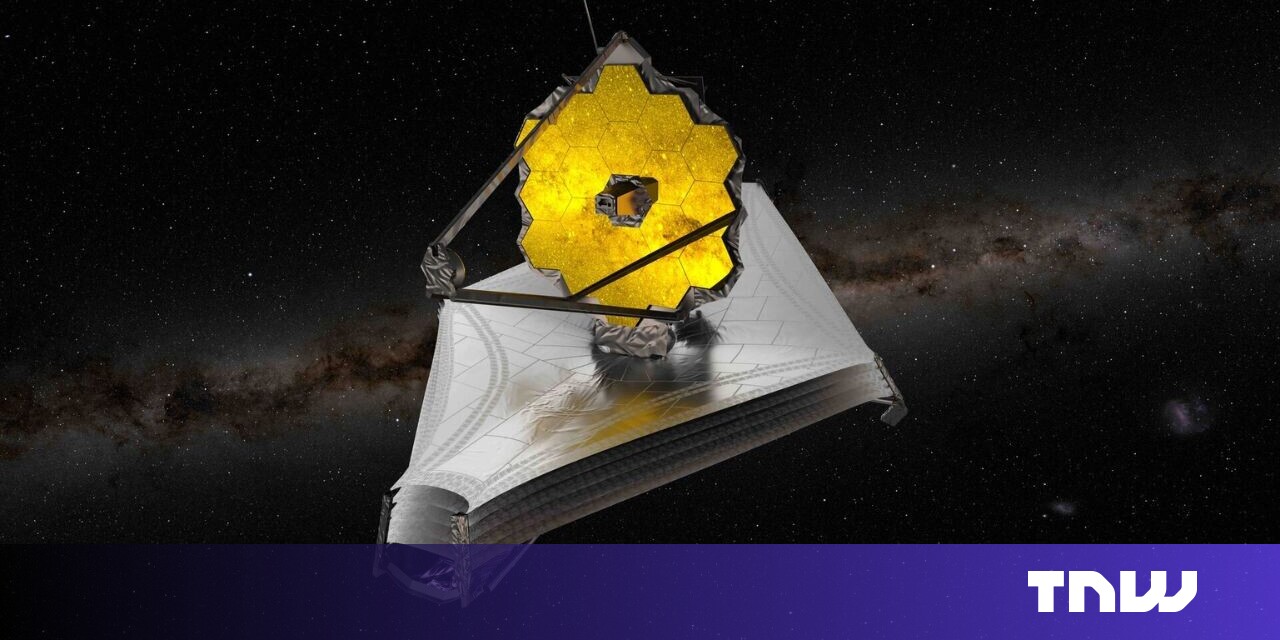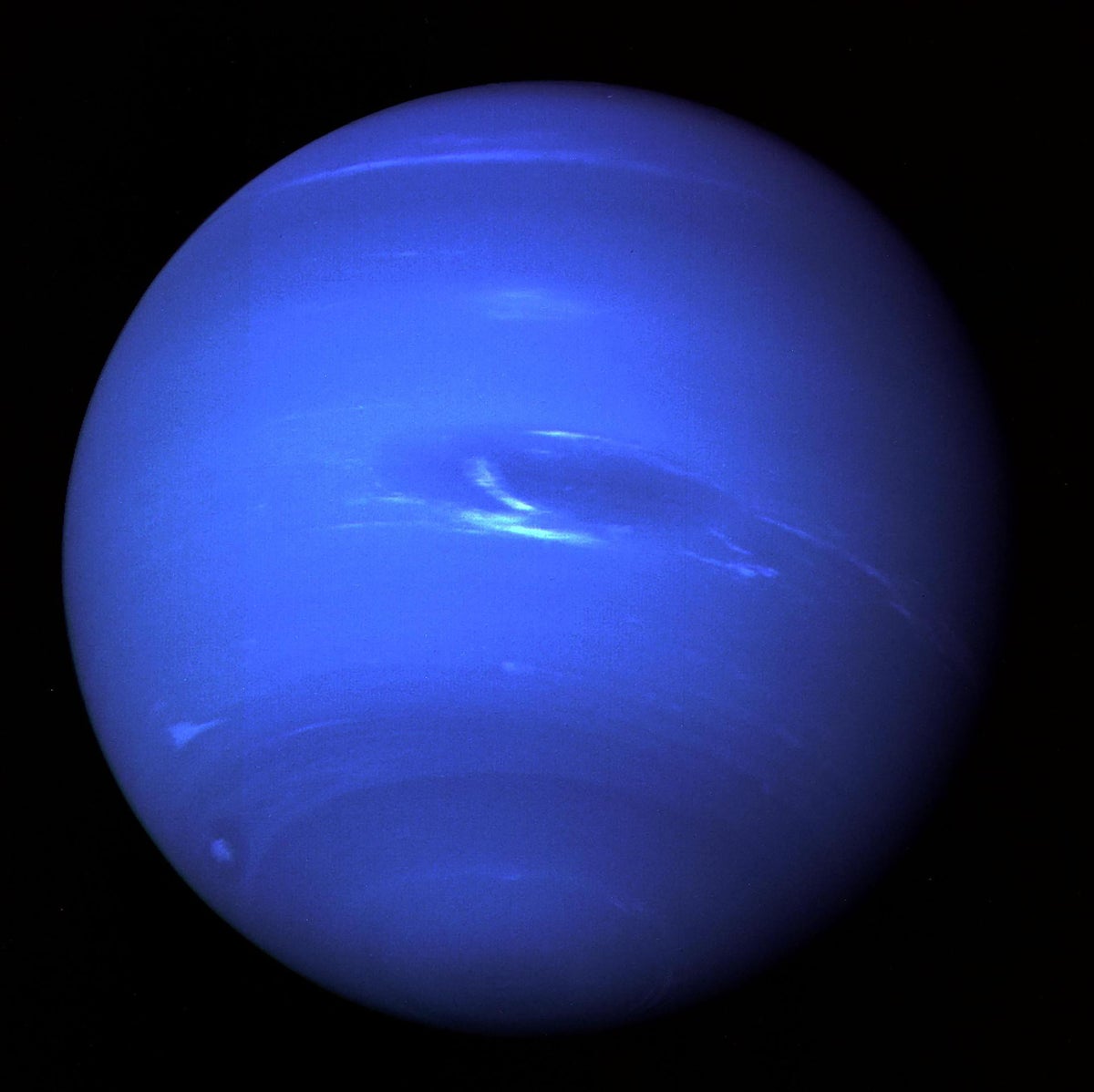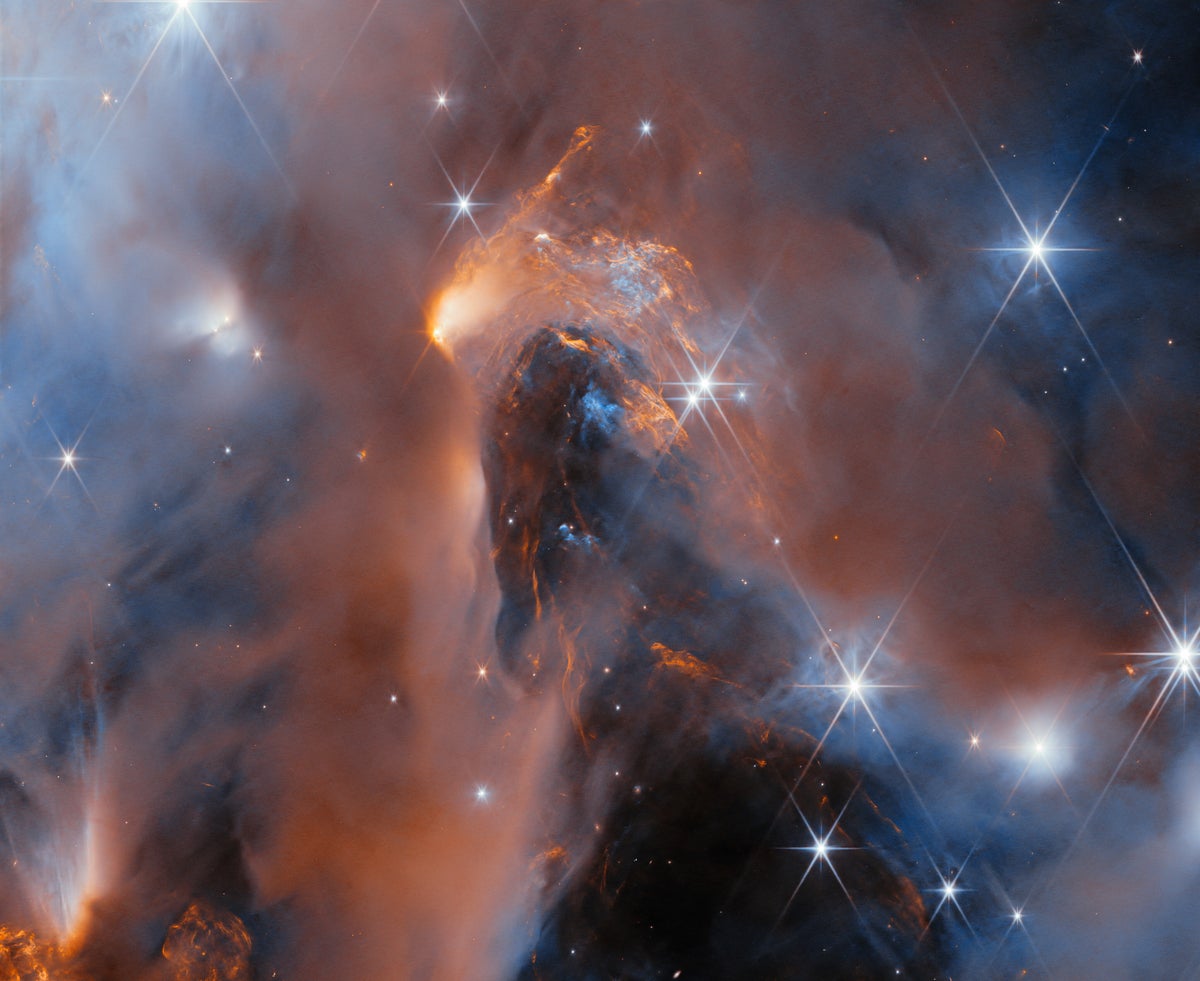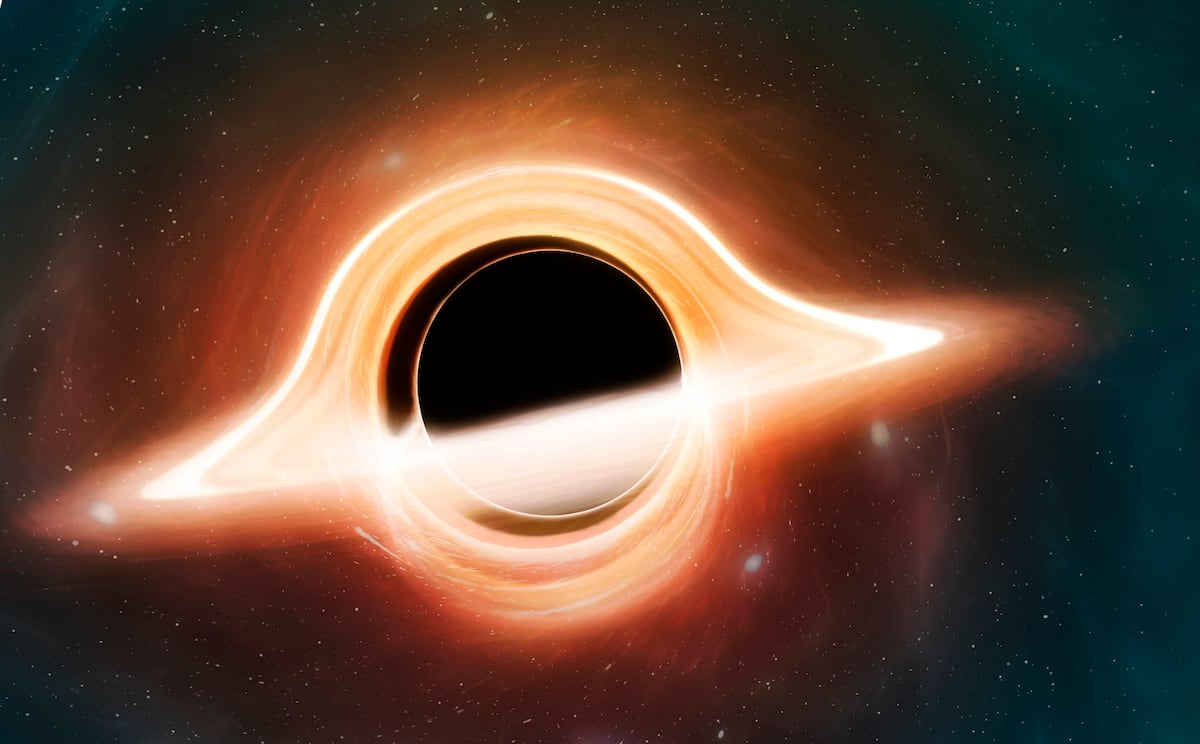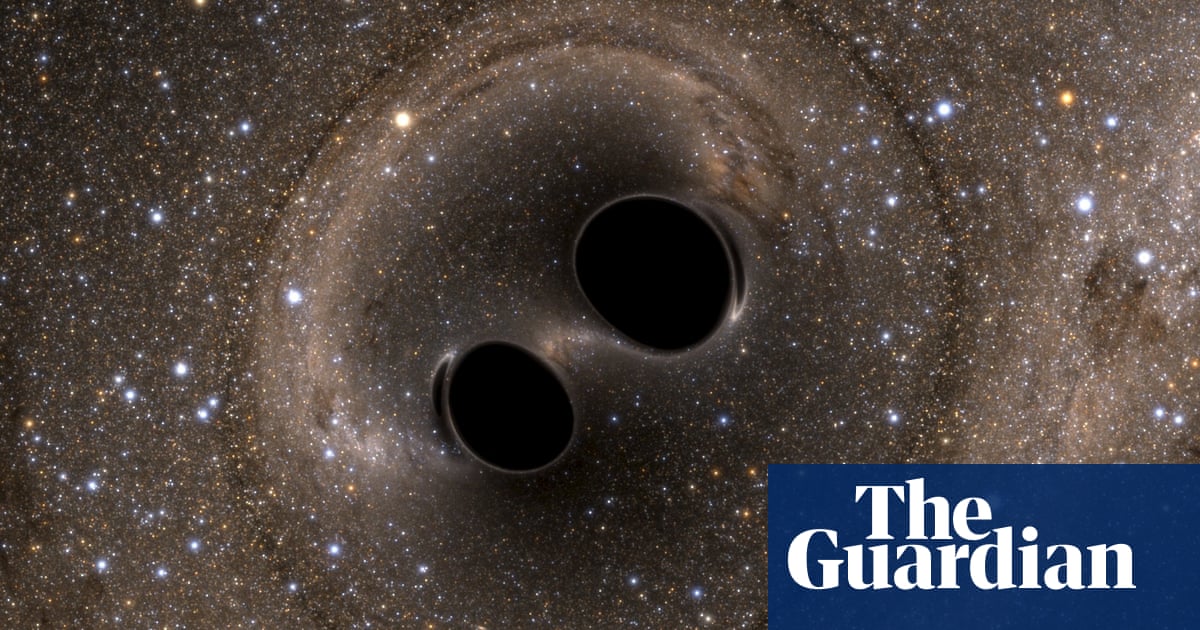#cosmology
#cosmology
[ follow ]
#astronomy #dark-matter #dark-energy #big-bang #early-universe #theoretical-physics #physics #astrophysics
fromPsychology Today
1 month agoThere Goes the Sun: Pondering the Universe's Past and Future
A key goal, writes the author, Bobby Azarian,is to argue against the view that life is an unlikely accident that may have emerged only once on one tiny speck in a vast universe, and that it is certain to disappear as the universe's free energy dissipates in accordance with the second law of thermodynamics. He argues that while such a conclusion had for several generations seemed to be the destination to which clear-headed scientific exploration had brought mankind,
Science
fromBig Think
2 months ago10 scientific phenomena to be thankful for every day
Every day, we have a choice whether we take our lives, our existence, our freedoms, and our moments for granted, or whether we express appreciation and gratitude for the good things that exist. The biggest unifier that all human beings have in common, that we all exist on the same world and in the same Universe, never gets the due it deserves. Here and now, it's possible for us to exist, and to exist as long as our natural lifespans will allow us.
philosophy
fromFuturism
2 months agoNew Paper Claims Everyone Is Wrong, Universe's Expansion Is Slowing Down
By observing the brightness of distant dying stars, astronomers have long come to believe that the expansion of the universe is accelerating. In fact, that apparent reality is deeply built into cosmological models: a mysterious force that influences the universe on the largest scales, dubbed dark energy, is believed to explain the acceleration. However, not everybody agrees with this widely accepted scientific consensus.
Science
fromwww.berkeleyside.org
4 months agoNobel laureate George Smoot, who researched universe's origins at UC Berkeley, dies at 80
Along with John Mather of the NASA Goddard Space Flight Center, Smoot won the 2006 Nobel Prize for physics for finding the background radiation that finally pinned down the Big Bang theory, the idea that the universe was born in a rapid cosmic expansion some 14 billion years ago. The Florida native earned a PhD in particle physics at the Massachusetts Institute of Technology in 1970.
Science
fromMail Online
4 months agoScientists reveal odds a black hole will EXPLODE in the next 10 years
It sounds like something from the latest science fiction blockbuster. But scientists in Massachusetts have revealed the terrifyingly high odds a black hole will explode in the next 10 years. In a new paper, they say there's a 90 per cent chance of at least one black hole exploding by 2035. If and when it happens, telescopes positioned in space and here on Earth should be able to capture the event - which fortunately won't be dangerous for Earthlings.
Science
fromBig Think
4 months agoThe argument against the existence of a Theory of Everything
When most of us think about science, we don't often think about something very fundamental to the enterprise: what the goal of it all actually is. Reality is a complicated place, and the only tools we have to guide us in understanding what it is and how it works is the combination of what we can observe, measure, and experiment on.
Science
Science
fromHi-Fructose Magazine - The New Contemporary Art Magazine
4 months agoTransmutations: The Art of Daniel Martin Diaz - Hi-Fructose Magazine
Diaz creates precise diagrammatic art merging scientific imagery, musical concepts, and mythologized cosmology to connect electronic and analog worlds with human perception.
fromFuturism
5 months agoHubble Captures Glorious New Image of That Mysterious Object Cruising Into Our Solar System
NASA explains the incredible shot captured by the Hubble Space Telescope of 3I/ATLAS shows a 'teardrop-shaped cocoon of dust' trailing behind the object, suggesting it's a sizable comet.
Science
philosophy
fromBig Think
8 months ago5 scientists on finding meaning in our Universe's 13.8-billion-year story
The Universe's complex narrative reveals humanity as integral participants in the cosmic story, not mere observers.
Modern cosmology reshapes our understanding of humanity's place in the cosmos.
[ Load more ]
